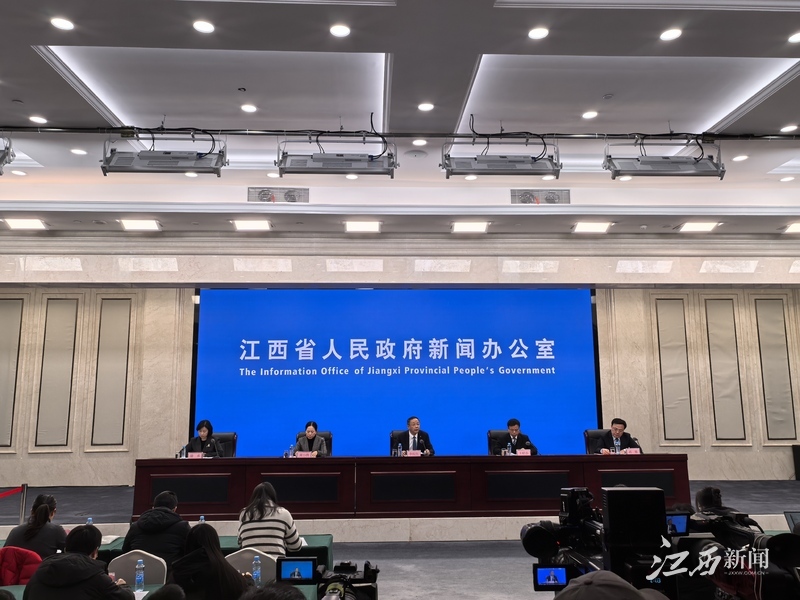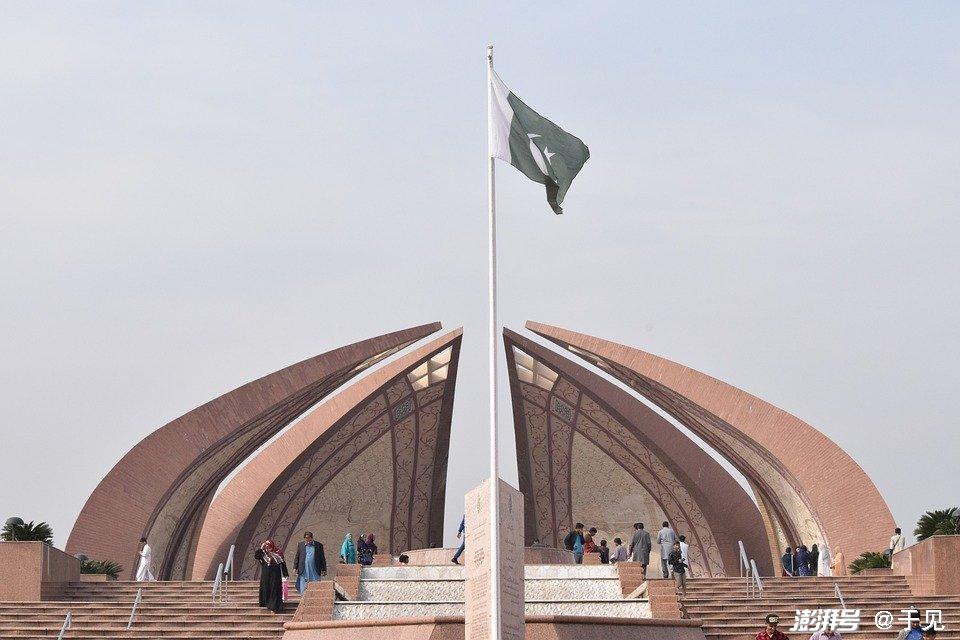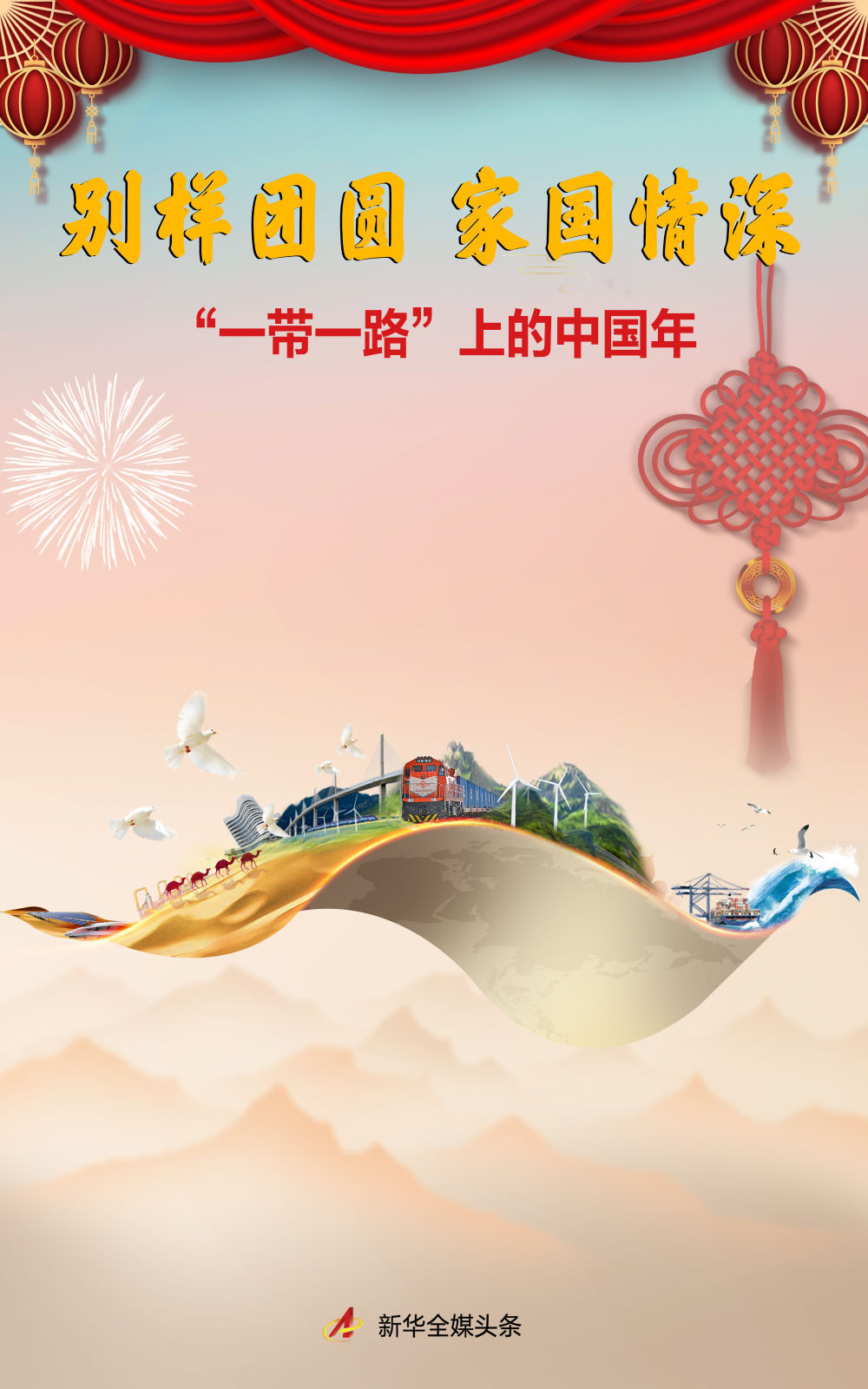The "Belt And Road" Demonstrates Cultural Confidence (new Knowledge And New Awareness)
The "Belt And Road" Demonstrates Cultural Confidence (new Knowledge And New Awareness)
Cultural confidence is the source of national confidence, and historical and cultural traditions determine the choice of the path. China's foreign policy and diplomatic practice are deeply rooted in the excellent traditional Chinese culture. The construction of the "Belt and Road" is an international initiative with a profound historical and cultural heritage
Cultural confidence is the source of national confidence, and historical and cultural traditions determine the choice of the path. China's foreign policy and diplomatic practice are deeply rooted in the excellent traditional Chinese culture. The construction of the "Belt and Road" is an internationalization initiative with profound historical and cultural heritage. The "Vision and Action for Jointly Building the "Belt and Road" summarizes the spirit of the Silk Road as "peaceful cooperation, openness and inclusiveness, mutual learning and mutual benefit and win-win results", which has important theoretical and practical significance and fully demonstrates the confidence of Chinese culture.
Since ancient times, the Chinese nation has advocated that "harmony is the most important". Take the hundreds of schools of thought in the pre-Qin period as an example. Confucius advocated that "if people who are far away are not convinced, they will cultivate their morality and come to the end"; Mencius advocated benevolent politics and denounced "no righteous war in the Spring and Autumn Period"; Mozi proposed the idea of "either love" and "not attack" with the aim of pursuing peace; Lao Tzu emphasized that "not being stronger than the world" is a peace theory of "Tao follows nature"; although military strategists use war as their research object, they believe that the highest level of war is "a war that defeats others without fighting." In the history of our country, Zhang Qian's mission to the Western Regions embodied the style of a peaceful and friendly great country; although the Tang envoy helped the quell the rebellion in India in foreign exchanges, it was mainly to maintain peace and not "striking troops in foreign lands." As one of the four ancient civilizations, China has a profound historical tradition and rich cultural resources, and it maintains a mind to absorb the high-quality nutrition of civilizations in various countries. The ancient Silk Road greatly promoted exchanges between China and countries along the route. Not only did Confucianism and Taoism gradually spread to the west, but foreign Buddhism and Nestorianism also spread to the east, and Europe also had extensive contact with Chinese culture. Chinese culture adheres to the concept of "harmony but different", recognizes the diversity of civilizations and inclusiveness of civilizations, and allows different civilizations to appreciate each other and live in harmony, which still has strong practical significance in today's world. The Chinese government has repeatedly emphasized that it will never seek hegemony, and will unswervingly follow the path of peaceful development and vigorously promote the construction of a new type of international relations with win-win cooperation as the core. This is the enrichment and development of China's excellent traditional culture.
Chinese culture has always advocated that "the sea embraces all rivers, and tolerance is great." Ancient Chinese politics pursued "great harmony in the world", upholding the sentiment of "achieving one's strength will help the world", fulfilling the mission of "establishing the right position of the world and following the great way of the world", reflecting the ultimate concern for the welfare of mankind. The ancient Chinese carried forward this spirit and carried out extensive economic and cultural exchanges with countries along the ancient Silk Road. At present, our government believes that in building a new type of international relations, we should focus on building a community with a shared future for mankind and achieve common development with an open and inclusive attitude. As a developing country, China adheres to the mind of "being a man, the more one he has; being with others, the more one he has", organically combining its own interests with the common interests of the world. China's achievements in reform and opening up benefit from the active participation of neighboring countries, and China also welcomes other countries to share their own development dividends. The advocate of the construction of the "Belt and Road" is China, but the construction of the "Belt and Road" is not a solo of China, but a chorus of countries along the route.
Chinese culture attaches importance to moral education, but does not exclude reasonable interests. Confucianism believes that the basis of benevolent government is to "benefit the people" and "benefit them according to the benefits of the people", so that we can achieve a peaceful and harmonious life and social harmony. When justice and interests conflict, Chinese culture emphasizes "righteousness is the best" and even sacrifices one's life for righteousness. Chinese culture emphasizes that different countries are interconnected and influence each other, and requires coordination and cooperation, mutual benefit and win-win results. We must not only safeguard our core interests, but also strive to achieve "sharing beauty and harmony between the world." The construction of the "Belt and Road" is committed to integrating China's development into the common development of the world, committed to connecting with existing mechanisms of countries along the route, and coordinating the common interests of China and countries along the route. China adheres to the correct view of justice and interests, actively assumes international responsibilities, maintains a great power demeanor that is both reasonable and polite, and creates a gentle and confident international image.
(Author’s unit: Fudan University Institute of International Studies)
"People's Daily" (Page 07, February 6, 2017)





